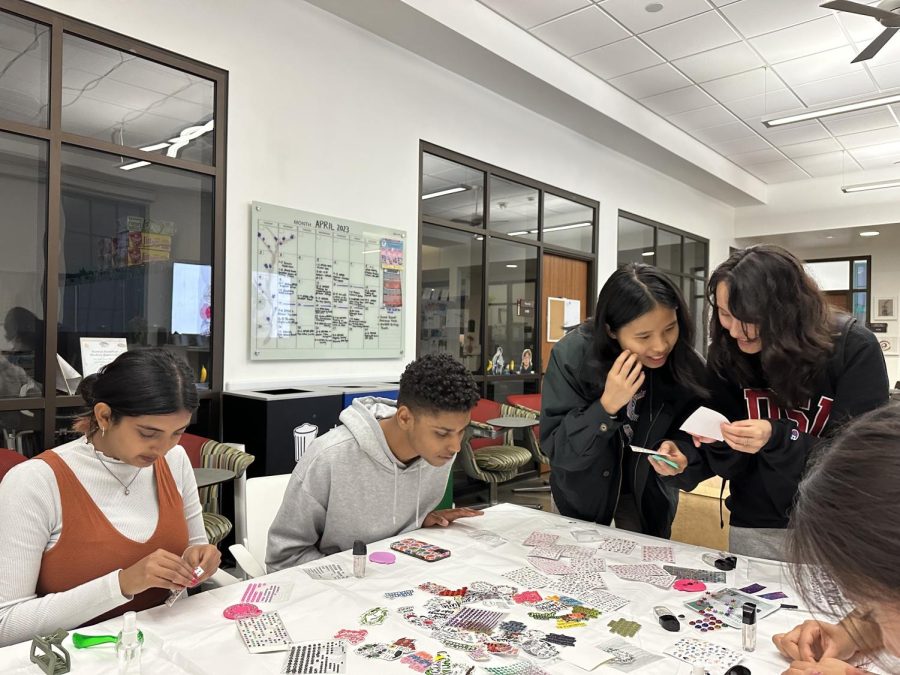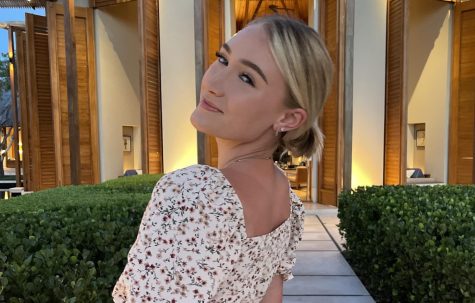The Asian Pacific Islander Desi American Resource Center and APIDA Leadership, Identity, Scholarship and Togetherness House hosted a Beauty Night on April 17.
A-LIST House is a residential learning community for APIDA students. This is their second year in South Campus Plaza.
“We’re too busy living culture that we don’t take a minute to learn about it,” Virginia Loh-Hagen, director of the APIDA center, said.
The event began with an interactive presentation on the cultural values, societal norms and historical contexts that shaped the beauty standards in each region.
Students engaged in conversation with one another and Angela Subido, assistant coordinator of APIDA, about their personal experiences and the influence of social media on beauty standards.
The highlight of the presentation was the impeccable history of the popular Vietnamese-run nail salons.
After the Vietnam War (1955-1975), the United States resettled Vietnamese refugees and they struggled to find work. With the help of Tippi Hedren, an American actress who brought her personal manicurist to a refugee camp to teach nail art, the Vietnamese women mastered this craft. Starting from only 20 Vietnamese women, a billion-dollar industry was built.
“It is important to take the time to recognize our invisible workers and what it means to be Asian American in this country,” Loh-Hagen said.
Students also performed classic Asian beauty routines after the presentation. These routines included dry brushing, Korean face masks, the slapping the face method and misting the face. Participants also learned about the cultural significance of each routine.
While waiting for their Korean face masks to settle, participants then decorated handheld mirrors with an array of jewels and motivational quote stickers.
Leyana Nabi, residential hall coordinator for the A-LIST program, was inspired to do this event from the success with APIDA’s previous event on Blasian beauty standards that took place in March.
“Yes, we have beauty standards and everyone is aware of them, but I appreciate how these events explored the cultural backgrounds of these standards and answered questions about what really set them and where they came from,” Leyana said.
Overall, the event provided a valuable opportunity for students to learn and reflect on the complexities of beauty standards in different parts of the world.
For more information on upcoming APIDA center events, visit @sdsuapidacenter on Instagram.












